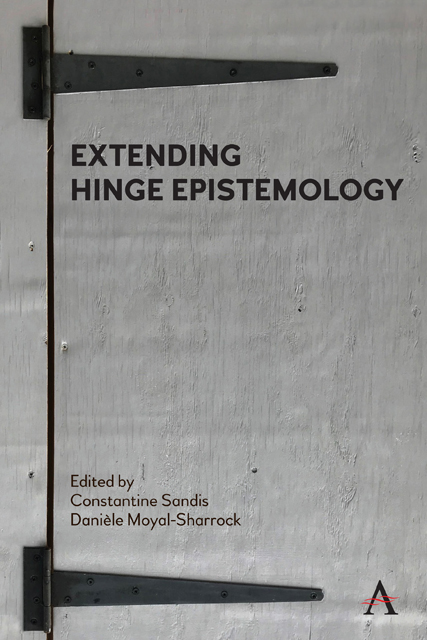Chapter Eight - Collective Thought and Collective Trust
Published online by Cambridge University Press: 09 December 2022
Summary
The Perfect Stranger
In a well-known passage from his Philosophical Investigations, Wittgenstein (2009, 2: § 325) notes that human beings can be complete enigmas to one another. This happens, for instance, when one is confronted with a foreign society with entirely different traditions. He claims that the mastery of the country's language by the observer does not destroy the enigma. Someone can be a complete enigma to me and be well understood by another. A person whom no one can understand would probably be someone whose actions, utterances and so forth, would result from some unknown, mysterious cause. But this is not what we normally mean by an utterance such as ‘I don't understand him’. What we mean is that we find it difficult to figure out what the relevant person's motives, intentions and thoughts are. We are not suggesting that the person is incomprehensible in principle. This raises a question: why is my understanding hindered? Mentioning prejudices is an obvious answer. Sometimes, indeed, closer examination reveals that, in spite of deceptive appearances, aliens do exhibit patterns of behaviour and thoughts similar to ours. After the apparent strangeness has been dispelled, we may well arrive at the conclusion that in their position we would probably have acted as they did. This shows that, initially, we overestimated the difference between these people and us.
Over the past few decades, a dominant position among writers interested in philosophy of mind has been that the right policy, when interpreting someone's actions and utterances, consists in maximising agreement. The well-known charity principle states that we should avoid imputing silliness to other speakers. As Quine (1960, 59) famously said: ‘one's interlocutor's silliness, beyond a certain point, is less likely than bad translation’. Nevertheless, as Stich (1991) points out, we very often say silly things (when making puns, jokes, etc.) and, in such cases, our interpreters do not suspect any linguistic discrepancy. Accordingly, the real issue is not with absurdity or patent falsehood in one's interlocutor's claims, but with absurd sincere assertions. And sincere assertion, Stich says, is not a notion lending itself to behaviouristic reduction. Maximising agreement, here, consists in thinking that the other speaker has as many sincere true beliefs as I have.
- Type
- Chapter
- Information
- Extending Hinge Epistemology , pp. 149 - 162Publisher: Anthem PressPrint publication year: 2022

